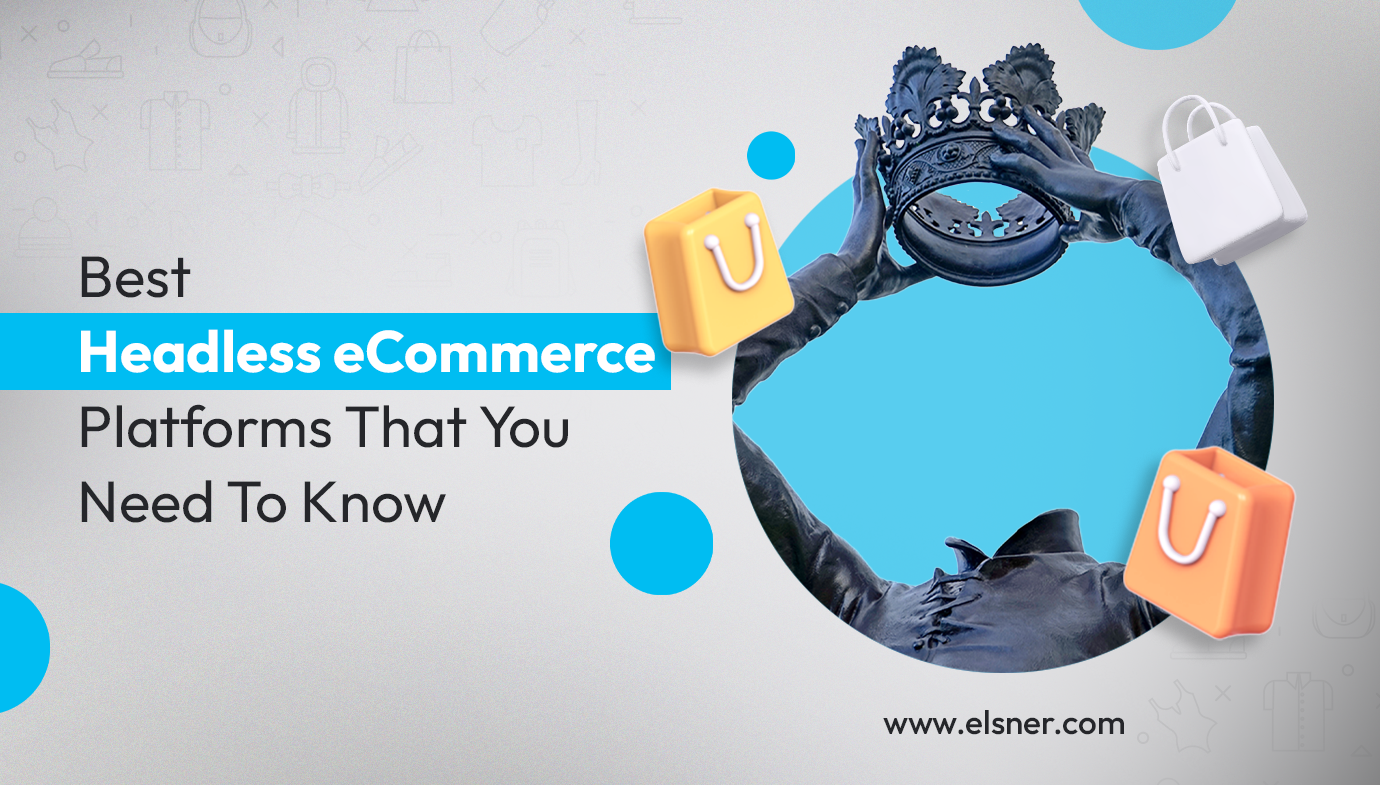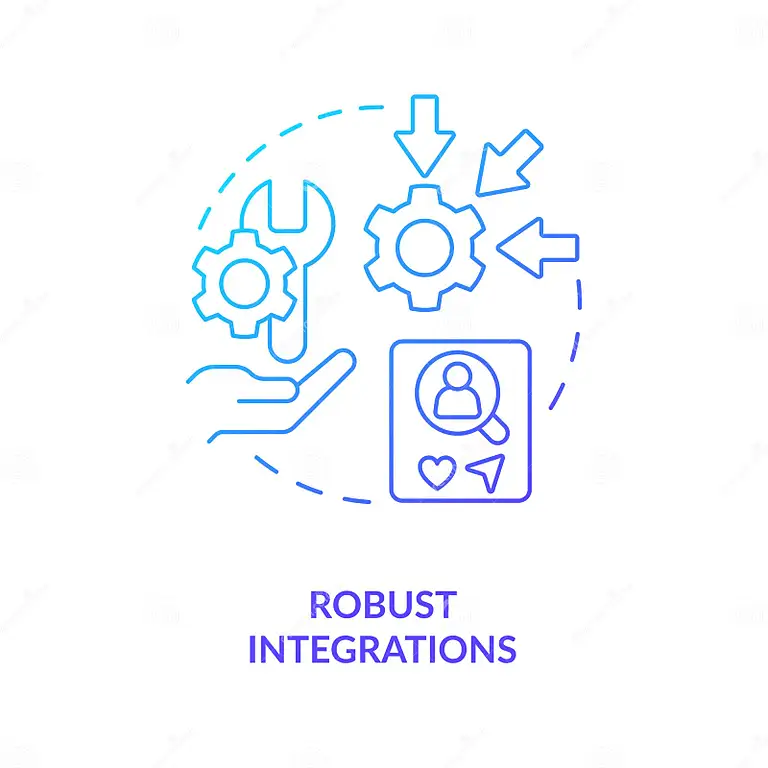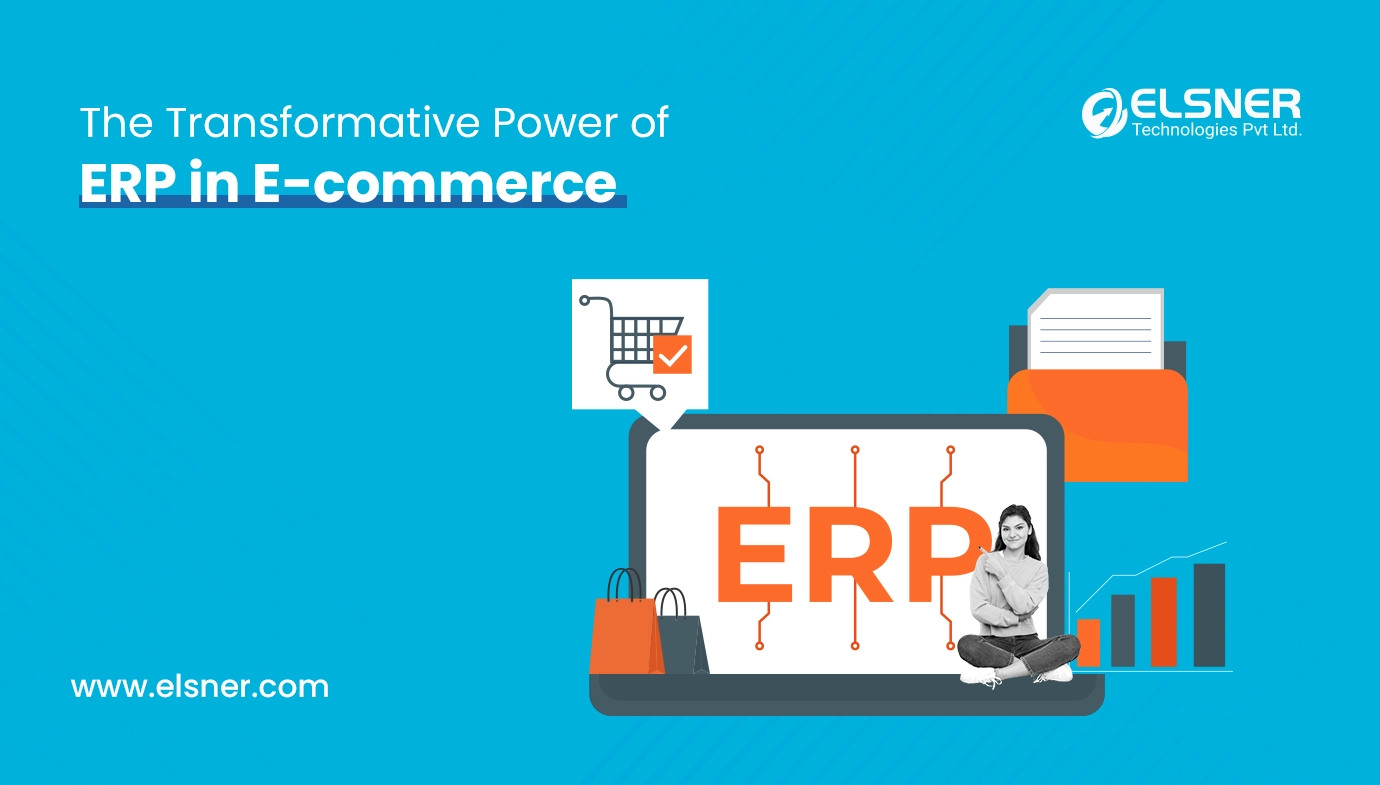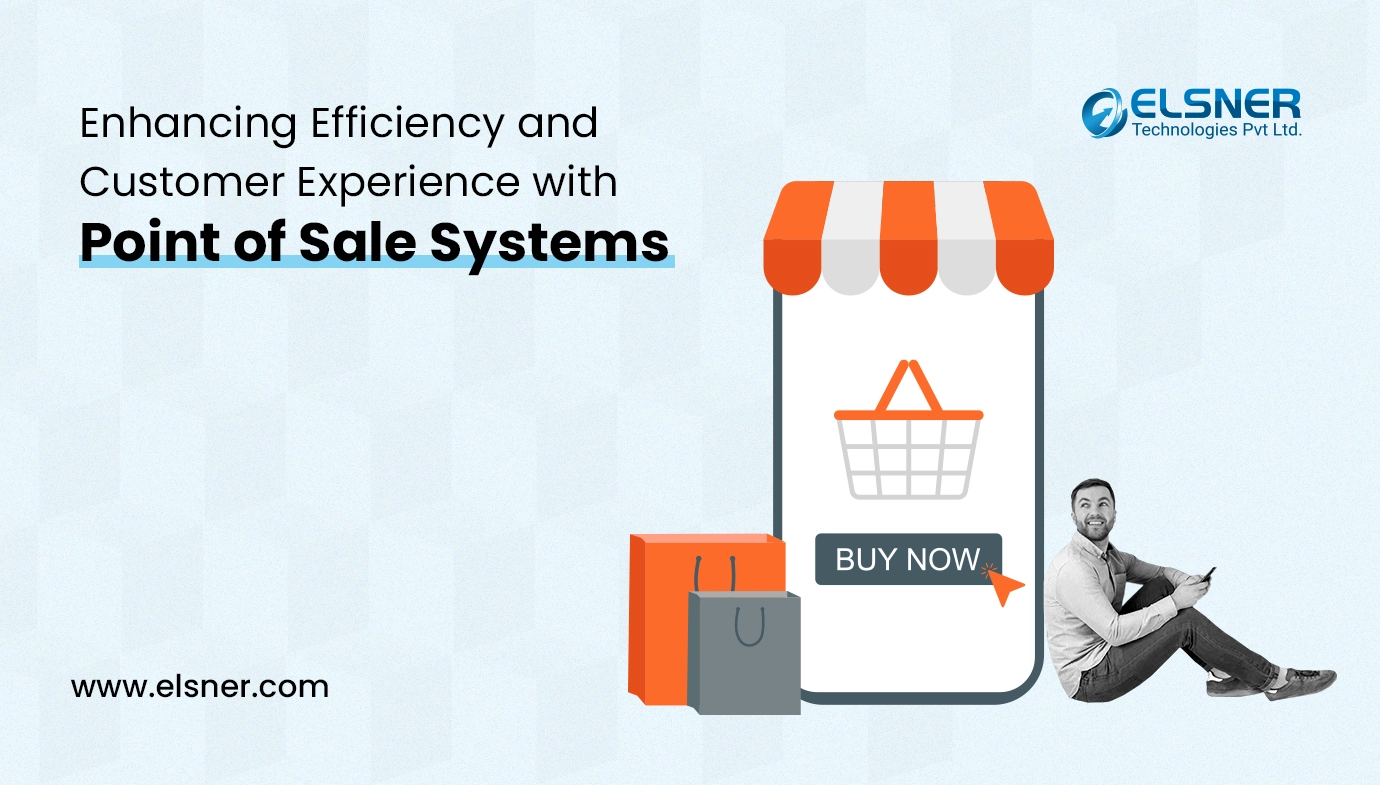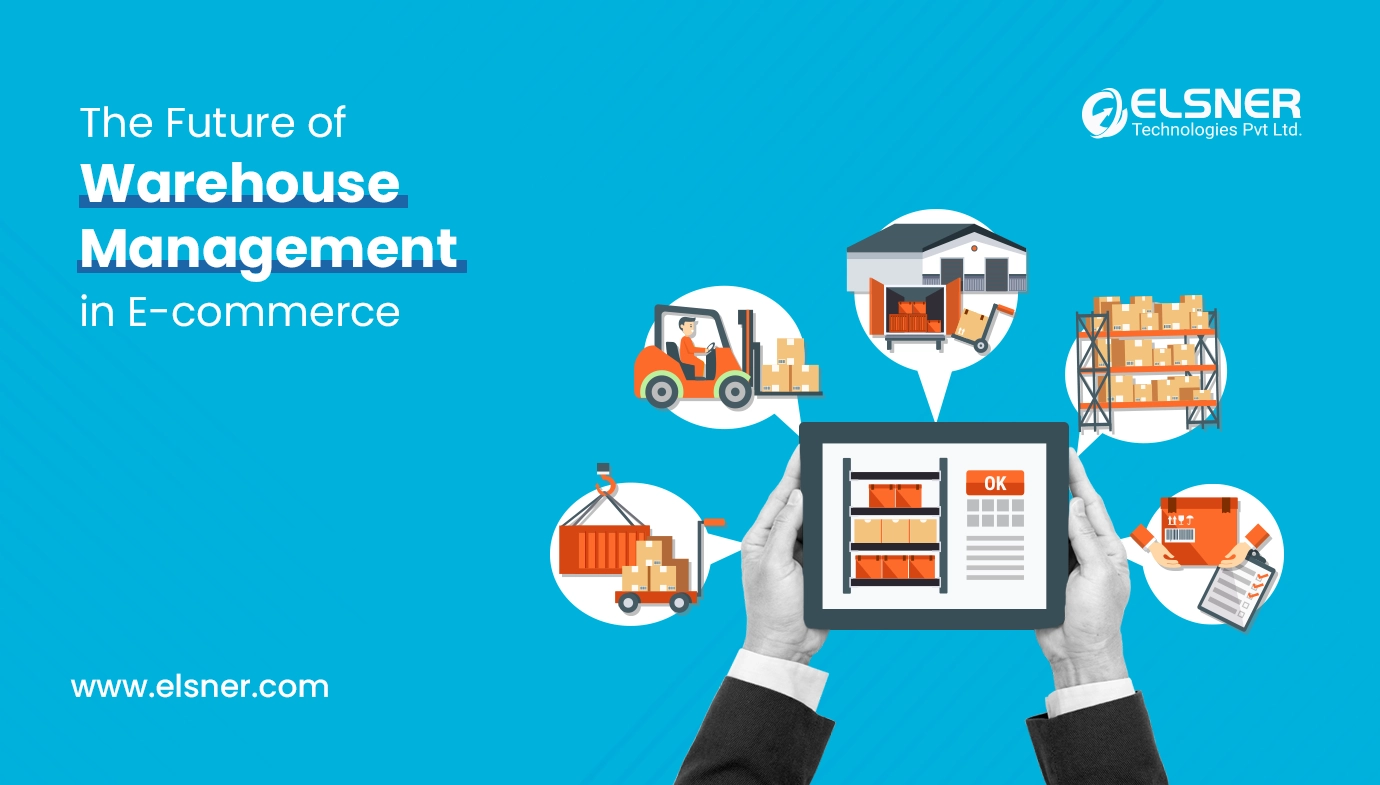In the twenty-first century, the eCommerce market has peaked. The IoT, mobile apps, progressive web apps, and other ways are now used by people to access eCommerce.
Additionally, eCommerce marketplaces present small to medium online store owners with tough competition. The only way to thrive and advance swiftly is to embrace new trends and technologies.
Numerous eCommerce merchants have adopted the strategy and are seeing positive outcomes. Headless commerce is the way to go if you own an online store. Selecting the finest headless commerce platform, given the abundance of options. We’ll give a rundown of the top headless eCommerce sites.
Let’s talk about the fascinating headless e-commerce platforms and their potential business benefits.
How is headless E-commerce classified?
Headless is the front end of an eCommerce platform isolated from the backend, which contains all of the business logic in this architectural style. This strategy allows the brand to produce whatever suits its needs.
“Headless eCommerce” consequently refers to “eCommerce that functions well without a head.” The frontend interface is referred to as the head in this context.
This strategy completely focuses on the backend and uses APIs and frameworks to supply content to the E-Commerce Development business. The content creators must create items, blog articles, reviews, prices, and more following the target audience’s demands.
As a result, the owners of eCommerce stores create extremely adaptive online stores and focus on people across various touchpoints. With headless commerce, the store operates effectively across a variety of platforms.
What makes a headless eCommerce platform appealing?
1. Customizability
Since a headless eCommerce Development separates the front and backend into two distinct layers, so it has countless customization options when creating an online store. If anyone wants to use your preferred frontend solution, such as a CMS, CRM, or custom solution, the user can choose an eCommerce platform that effectively handles all commerce operations.
It may easily personalize the business website to the maximum extent, thanks to the ability to mix the best frontend and backend layer solutions, which is difficult to do with a standard eCommerce platform.
2. Robust Integrations
If the user wants to upgrade the functionalities in their current eCommerce store? API-focused E-Commerce platforms offer countless chances for integration so the user may provide a completely new buying experience.
3. Reliability:
Every owner of an online store fantasizes about becoming successful. Choosing a headless eCommerce platform may alter the front without having to re-platform the backend when your current commerce function hits its limits. This will protect brands in the future.
It is fine to start from scratch when using platforms that APIs power. As the site expands, it is possible to swap out outdated features and add new ones.
Magento Commerce: Open-source eCommerce platform Magento, formerly Adobe eCommerce, helps companies grow by utilizing cutting-edge technologies. Thanks to Magento Commerce, it may deliver custom apps following the customer’s needs. Because the separated system and activities aren’t disturbed, the well-known headless eCommerce platform enables the user to conduct experiments. New features and integrations are brought forth by the decoupled design.
Shopify Plus: The most popular eCommerce platform is Shopify. The platform is used by countless internet shops all around the world. The upgraded version of Shopify is called Shopify Plus. It is designed specifically to appeal to enterprise businesses. It is also the best headless eCommerce platform available, enabling different front-end designs from the infrastructure of the backend. Any framework can be combined with the backend to change an eCommerce store and provide users with a better experience.
The platform’s numerous connectors, extensibility, and customization features enable it to convert a conventional business into a contemporary eCommerce store. With Shopify Plus, users can use a CMS to update content across all platforms and correct every screen into a digital storefront. It may give users an omnichannel experience thanks to it.
Big Commerce: One of the most well-known SaaS eCommerce Platforms is BigCommerce. It is appropriate for every business of any size thanks to its customization, excellent performance, simplicity, and ease of use. The platform offers a wide range of options, including selling products and accepting payments.
The platform best suits existing and expanding organizations that want to expand their customer base and enhance operations. Big Commerce separates the display function from the commerce engine.Using a CMS, an application device, or a frontend, anyone can quickly deliver an API-driven experience thanks to the headless Commerce platform. The Big Commerce API gives a chance to provide users with a customized experience.
This eCommerce platform is utilized by numerous globally recognized firms, including Sony, SkullCandy, America Leather, etc.
Salesforce Commerce Cloud: A well-known multi-tenant cloud-based headless commerce platform geared toward mid- and enterprise-level store owners is Salesforce Commerce Cloud. It offers an integrated API that separates frontend and backend functions. It is inventive and flexible.This headless commerce platform aims to promote discourse and strengthen customer loyalty. The business knows the store’s needs and offers costs following them.
eCommercetools: The best eCommerce platform, Commerce tools, was created using the most recent MACH principles (Micro service-based, API-first, Cloud-native, and Headless). The platform uses cloud deployment to enable point-of-scale functionality.
By creating compelling consumer experiences across numerous channels, both now and in the future, retailers are free to grow brand awareness thanks to its ground-breaking API approach. Additionally, the platform manages the data stream interchange between the frontend client and the backend ERP system. Most of the functionalities are built-in APIs because the platform is fully API-enabled.
Spryker: One of the well-known open-source eCommerce platforms, Spryker, aims to give mid-sized and large businesses first-rate commerce solutions. Spryker has always embraced API-first design and a headless approach since modern commerce requires flexibility and integrations tailored to company and customer needs.
Speakers Glue API offers specialized services and integrations created specifically to meet the needs of each organization. Instead of altering the system, LINK Middleware enables it to adapt the solution to make Spryker work for the conditions. Spryker is one of the most adaptable headless platforms that can meet all business needs.
OroCommerce: OroCommerce is an open-source E-Commerce platform mostly used by B2B businesses. Still, thanks to its extensive out-of-the-box commerce functionality, it can accommodate any business model, including B2B2B, B2B, and B2C.OroCommerce offers both headless and conventional techniques because it was created to become the top B2B solution.
OroCommerce will be the ideal headless eCommerce platform for your B2B firm if you wish to integrate a robust commerce backend with external frontend software, like CRM or ERP.
Conclusion
These are the top ten headless e-commerce platforms. Do your homework before selecting the platform that is best for you. This gives you some understanding of the new trend of headless e-commerce solutions. Please reach out to us if you have any requirements!

Digital Transformation begins here!
Let us write your business’s growth story by offering innovative, scalable and result-driven IT solutions. Do you have an idea that has the potential to bring a change in the world? Don’t hesitate. Share with our experts and we will help you to achieve it.

